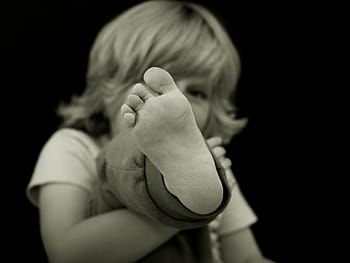The challenges of child-to-parent violence
7 June 2020
Often a taboo area for the families that experience it, and one that has become worse during the confinement of lockdown, is that of child-to-parent violence. Many parents feel some shame in disclosing what is going on or seeking support, which means the young person is not held to account and the violence and aggression can grow.
It is a particular problem for many parents of children with special needs, adopters or someone bringing up the child of a family member of friend.
Of course, this is a complicated area. We are often talking about a child or young person who is vulnerable and struggling to regulate their emotions. Aggression or violence can be a way of feeling in control, especially for an adolescent trying to cope with all kinds of fears and hormonal changes.
The violence may involve smashing up possessions or household items, being cruel to pets or hitting parents and/or siblings. There may also be threats of violence used by the child/young person to get what they want.
A recent report into this topic by Northumbria Police and other agencies*, found that many families were at the end of their tether and unhappy with the response of statutory services, especially children’s social services.

Al Coates, a social worker involved in writing the report, told Community Care magazine** that the consequence of parents feeling judged by social services “is that many families become unwilling to seek support until they’ve no other options, until they’re at the end of their tether. Nobody wants to criminalise their child, or open themselves to the accusation that they can’t control their child - and to potential social work involvement. To call the police means to run that gauntlet.”
Often social services may be involved with the family, but parents can sometimes feel judged by social workers. They can experience an attitude from social services that they, the parents, are somehow to blame.
Parents can feel helpless in the face of violence, especially when the child has got to adolescence and cannot be physically restrained without risk of harm to the parent or child. Parents may also be worried about being accused of abuse if they react physically to the violence, even in self defence.
* https://www.celandt.org/resources
** https://tinyurl.com/ybrqsw4x


